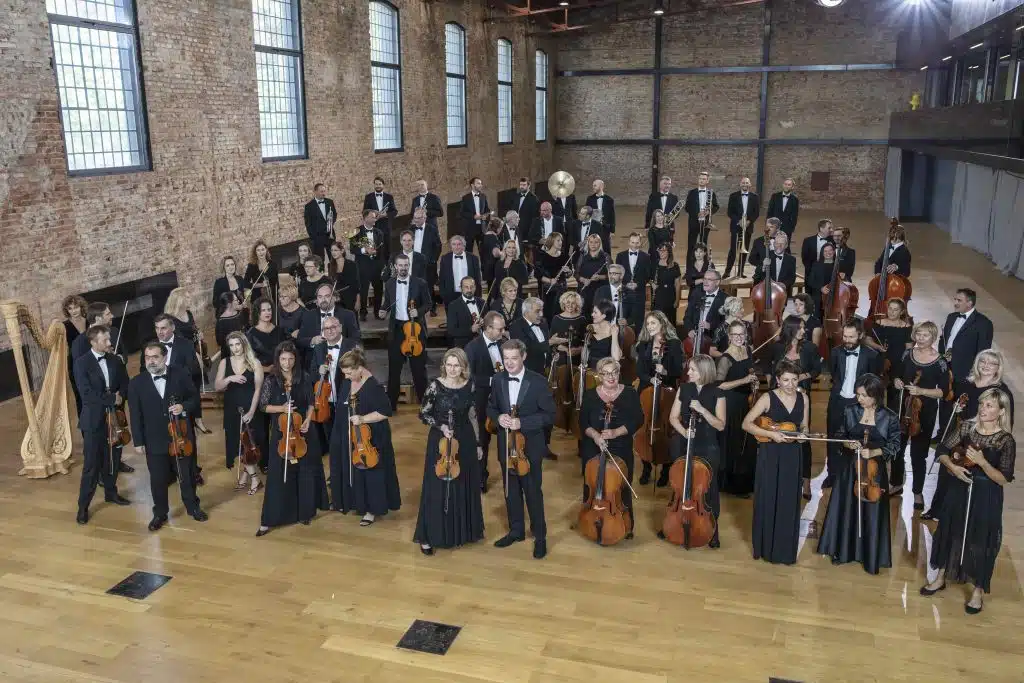Photo © Jasenko Rasol
This shocking situation resounds beyond the borders of Croatia: the wages of the musicians of the Croatian Radio Symphony Orchestra (SOHRT) are entirely out of step with their level of qualification, the artistic demands of their mission and the very high technicality required for the jobs concerned.
Musicians are clearly marginalized in the salary scale of Croatian Radio (HRT) staff. While the orchestra’s soloists are recruited via hyper-selective international auditions, they are paid at the level of a young, inexperienced journalist.
The comparison with the closest orchestra in terms of reputation and excellence – the Zagreb Philharmonic Orchestra – is clear: a SOHRT tutti player earns 40% less than their Philharmonic counterpart. […]
Read full post







